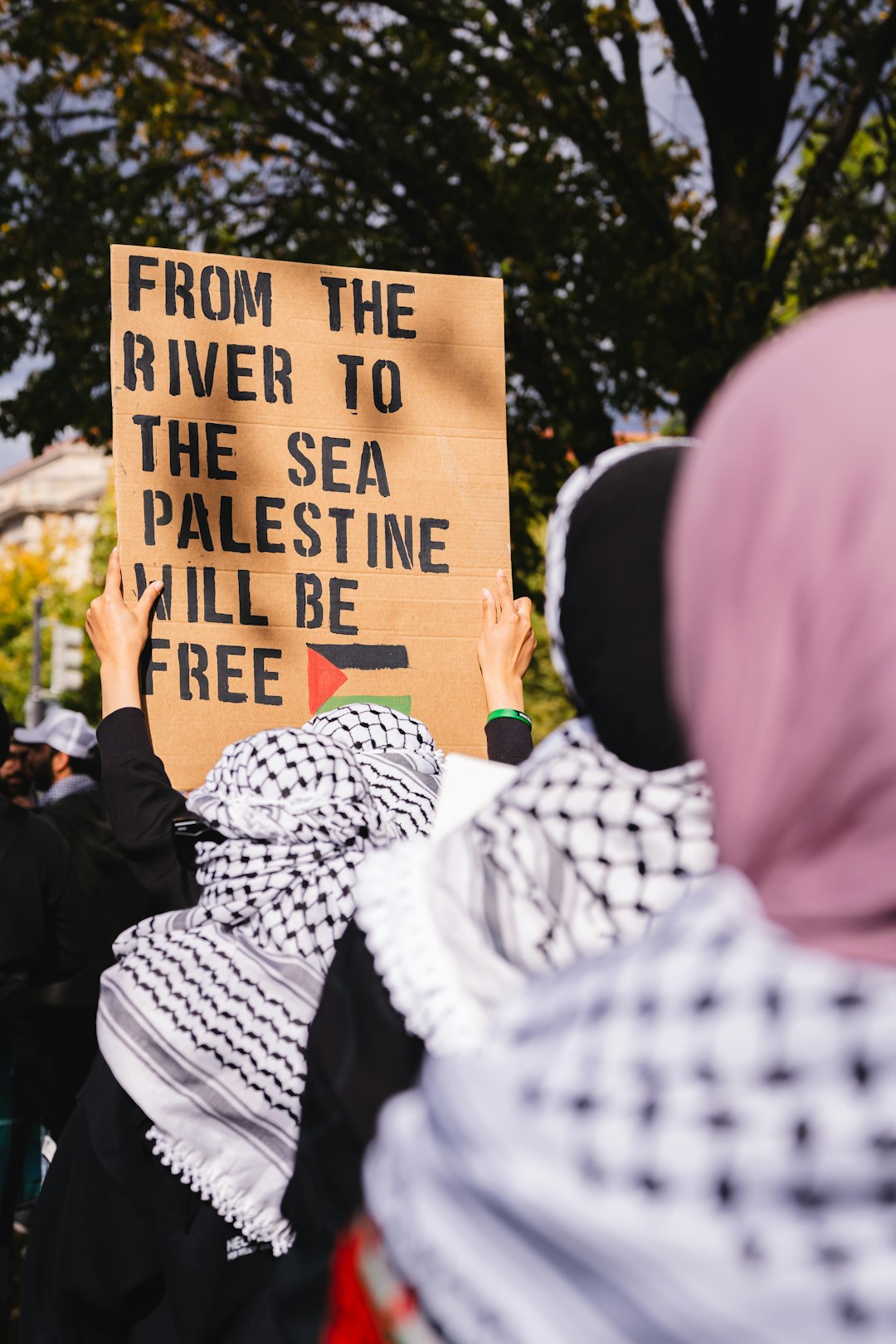Since October 7th, my relationship with Instagram has grown more and more fraught. The Hamas attacks shook me. I witnessed my Jewish community, including some I have known for decades, reacting in shock, grief, anger, and fear. The intensity was unlike anything I can remember. I also saw posts that celebrated the attacks as acts of resistance and decolonization. I felt confused and wondered what to make of my own discomfort.
In the months since, I have seen many of my fellow Jews continue to cry out for safety and express solidarity with Israel. Some of these posts have expressed a pro-war fervor that makes me deeply sad and angry. I have found solace with my leftist Jewish community, whose posts in support of a ceasefire have reminded me that I am not alone.
Meanwhile, throughout it all I have seen images of violence. I tried my best not to watch images of Hamas’ attacks for the same reason I have chosen not to watch videos of police murders of unarmed Black people. I do not think I can ever unsee that sort of violence. Even once it fades from my memory, I believe it would leave an indelible mark on my spirit, one that I do not think makes me better equipped to love others and fight for everyone’s freedom. But avoiding images of murdered Palestinians has proven more difficult and, at times, I find myself questioning whether I should.
It has been two months since Israel began its bombardment of Gaza. As the assault continues, it persists in my timeline as well. And I wonder what to do.

Is it my responsibility to bear witness? A genocide is underway. What is the moral cost of looking away? What does it mean to escape into my safe and comfortable bubble, in both the physical and virtual worlds? I have trimmed my social media down to a small fraction of previous days. But the images find their way to my screen via news organizations and fellow leftists. Small children covered in dust and blood. Mothers wailing. Children wailing. Dead infants. It is too much to bear, and yet even writing these words evokes the massive privilege I live with as a person living in safety thousands of miles away. The horrific images haunt me. They remind me that there is a war going on with terrible consequences. “What will you do to stop this?” they ask.
But I know even this minimal level of consumption takes a toll. Numerous studies have found that absorbing violent content on social media can cause vicarious trauma. And the violent images and videos have not spurred me to take action. In fact, for several weeks I failed to call my members of Congress or attend any actions.
Did “bearing witness” become a substitute for action? Or was it sending me into a spiral of numbness and despair? I will admit I can feel quite overwhelmed after I watch graphic content (Again, I feel embarrassed to say so when considering the actual experiences of Palestinians. I imagine them scoffing at this statement. “Oh, are our deaths disturbing? We’re sorry they’re disrupting your day.”).
I also wonder about the line between bearing witness and being voyeuristic. What does it mean to watch these images of despair amidst ads for Christmas shopping deals? Is it hard to look away because I want to honor the humanity that is under attack? Or is it hard to look away because of some darker fascination?
We are living in a time when many seek to dehumanize Palestinians and downplay the cost of war. “All Palestinians are terrorists,” we are told by the warmongers. “This is the cost of war,” we are told by liberal Zionists who insist there is no alternative to Israel’s actions. Meanwhile, debates about freedom of speech on U.S. college campuses are taking over front pages, pushing the Gazan death toll out of the forefront of the public consciousness.
So, it makes sense that Palestinians are using social media to broadcast their suffering. They are demanding that we do not look away. They are creating a record that will last no matter what, and damn our collective failure to stop the bloodshed. I hate that this act of desperation is necessary, and I respect those who share these images as an act of solidarity. Together, these posts tell anyone who sees them: You will not ignore what is happening.
Personally, however, I have made the decision to step away from Instagram indefinitely. I am recommitted to making phone calls and participating in other acts of solidarity.
I don’t think there is a right or wrong answer here. We are all just trying our best to make the world a little less awful in the midst of an ongoing and heartbreaking catastrophe. I am personally choosing not to consume any more images of death and suffering in Palestine, but I will not avert my attention. We have to continue to let those in power know that we refuse to ignore what is happening, including their complicity and complacency.
If you are looking for a way to feel less powerless, I recommend you call your members of Congress to demand a ceasefire (or thank them if they have already called for one).
Other Recent Writing
Other Recommendations for Reading/Listening/Watching
“Progressive Zionists Choose a Side” by Mari Cohen, Jewish Currents





Thank you for this, Ruben. I also want to lift up the images circulating that spur us to hope and to action--Chanukah candle lightings for ceasefire all over the country, Grand Central filled with Jews against genocide, countless other actions in New York and across the country.